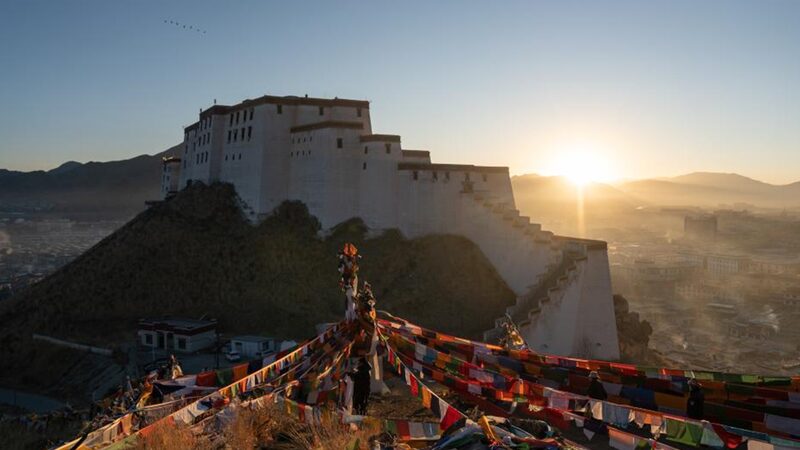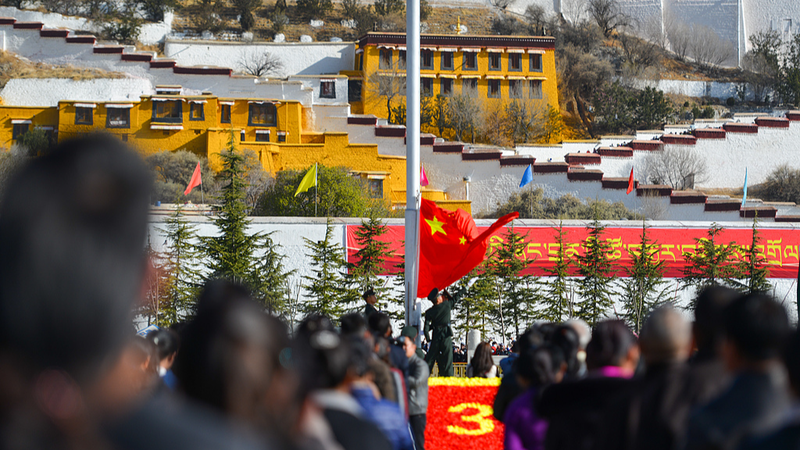From Yak Trails to Highways: Xizang’s Socialist Leap
Imagine living in a cowshed for generations—no electricity, education, or rights. That was reality for 95% of Xizang’s residents before 1951, trapped under feudal serfdom. 🐄💔 But over seven decades, this region has rewritten its story through infrastructure, reforms, and poverty eradication. Arnold August, a Canadian journalist who toured Xizang in 2023, says the shift is “a marvel” rooted in grassroots action.
Roads, Rails, and Revolutions
In the 1950s, the PLA built 4,300 km of railways and highways like the Xining-Lhasa route—replacing yak caravans with modern travel. 🚂 By 2020, extreme poverty was erased after 190,000+ grassroots campaigns. But progress wasn’t smooth: In 1959, elites fearing change staged a failed U.S.-backed revolt, leading the Dalai Lama to flee. China pressed on, blending socialist policies with local culture.
A New Chapter for Xizang
Today, Xizang’s transformation reflects what August calls “socialism with Chinese characteristics.” From generations shackled by serfdom to high-altitude railways and tech-driven villages, the region’s journey proves modernization isn’t just possible—it’s unstoppable. 🌄💡
Reference(s):
Witnessing Xizang: Serfdom to socialism with Chinese characteristics
cgtn.com






